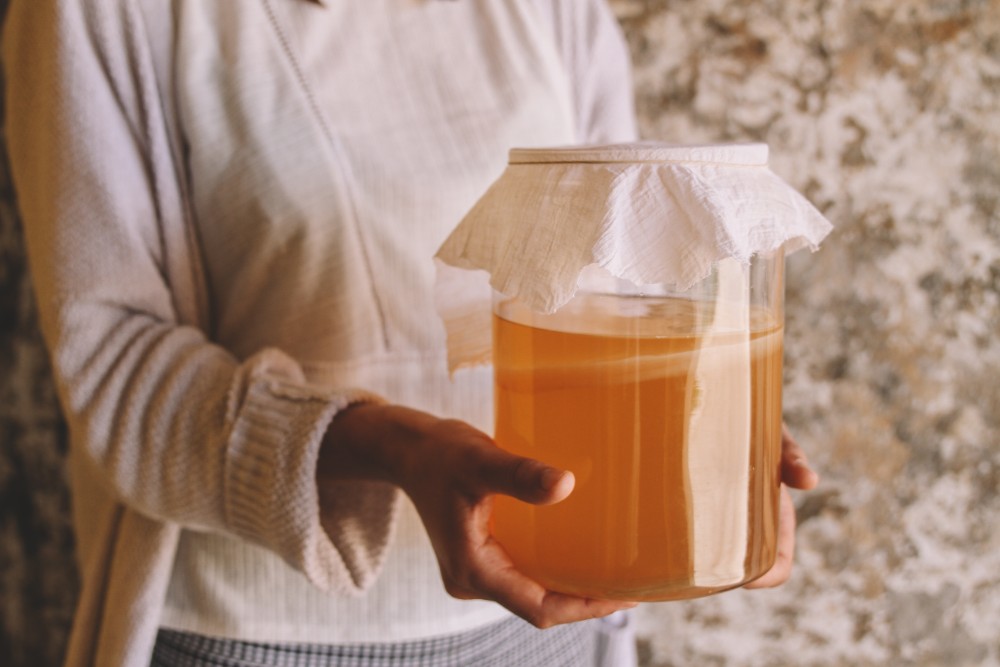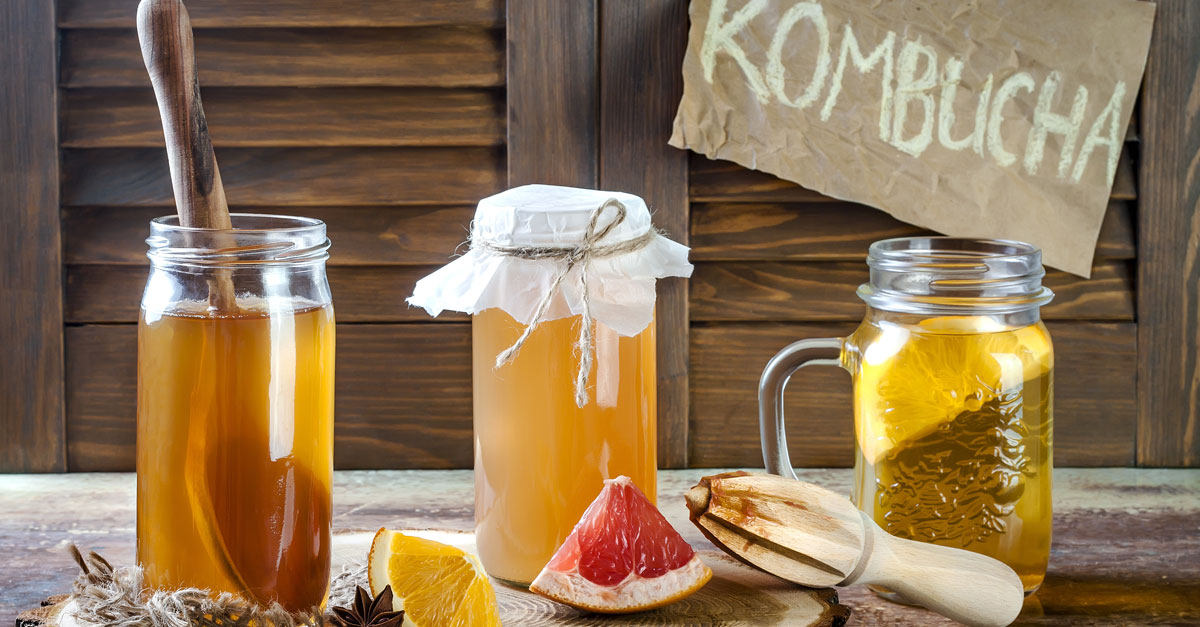Diplo will be sipping on hard kombucha this summer season. This after the world-famous DJ invested in JuneShine, one of the leading brands of the hard kombucha craze.

With the Coronavirus now an ever-present reality, it is now more important than ever to protect your health and strengthen your immune system. Simple lifestyle changes such as the reduction of stress, regular and sufficient sleep and exercise create the backdrop for a balanced body, and sensible dietary changes remain critical to flourishing physicality.

Everybody’s into kombucha these days. The fermented tea drink, which is thought to have its origins on the Silk Road in China, is now touted as a gut health booster, thanks to its probiotic qualities. A study in 2012 even found that one bacteria strain commonly found in kombucha reduces genetic damage and inflammation in ways that could lower cancer risk. If you love the sparkly, slightly sour taste of kombucha, you may have wondered about its environmental credentials: is kombucha environmentally friendly? The good news is that largely, the answer is yes.
